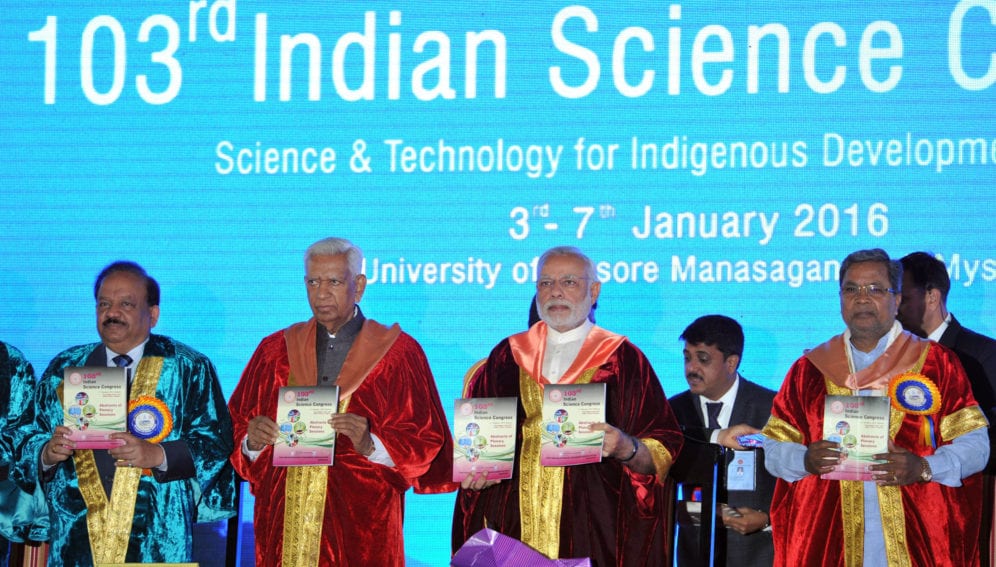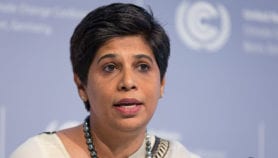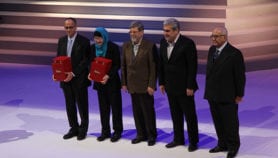By: Madhukara Putty
Send to a friend
The details you provide on this page will not be used to send unsolicited email, and will not be sold to a 3rd party. See privacy policy.
The 103rd Indian Science Congress, that concluded in Mysore, Karnataka state, on 7 January, remained in the news for an extra couple of days. Not because the media was excited about the science showcased in the event but because of non-scientific reasons. Venkataraman Ramakrishnan, president, Royal Society, London, called the Congress a “circus”, and the Nobel laureate in chemistry declared he would never attend it.
Ramakrishnan’s observation that not much science is discussed at the Congress appeared to find justification in one of the speakers arguing that the Hindu deity Shiva is the greatest environmentalist. [1] An officer from the elite Indian Administrative Service dwelt on the medical benefits of blowing on conch shell. [2] In the uproar that followed, the theme of the Congress, 'Science and Technology for Indigenous Development in India' was drowned.
On the brighter side, tens of thousands of school and college students visited the century-old University of Mysore and got a glimpse of the status of science in the country. Local residents of the charming old town got a rare chance to see and listen to five Nobel laureates and other distinguished scientists. Manjul Bhargava, an Indian origin mathematician and a Field's medallist, was mobbed after his talk and had to be whisked away. India’s public rarely gets to see or hear speaking directly to them.
Some people did question the basis for the talks on Shiva and the medical benefits of blowing a shell. There were no answers and if they formed negative impressions of science and scientists, thanks to lack of communication by the organisers, that would not be surprising. Can India, a country whose problems can be solved by science and technology, afford to do this? But, that would be another question.
Science relies on accurate measurements that are also repeatable. Thus the argument that Shiva is a great environmentalist must have data backing it and a clear description of how it can be measured. Same applies to the medical benefits of blowing horns. Making such claims is not science; testing them is. Anyone listening?One of the objectives of the Indian Science Congress Association (ISCA) is 'To advance and promote the cause of science in India'. [3] To meet this objective, the Association needs to think beyond the annual ritual of holding the Congress. India is a vast country with different languages and cultures, and if the Association really wants to take science to the people then it has to speak their language. Short, frequent, and more focussed science related events in different parts of the country are sure to be more effective than dumping people with hundreds of hours of talks in a single annual event.
It would be profitable for ISCA to take a look at the British Science Association for inspiration [4]. That, after all, was the model that for British chemists, J. L. Simonsen and P.S. MacMahon who conceived the ISCA. [1]
Madhukara Putty, a regular contributor to SciDev.Net, is a native of Mysore. He writes on climate change and environmental issues.
References
[1] 'Lord Shiva A Great Environmentalist' Says Paper Presented At Indian Science Congress. IndiaTimes. January 6, 2016.
[2] Of Shiva and shankh: Indian Science Congress faces flak for falling into mythology trap, again. Firstpost. January 7, 2016.
[3] The Indian Science Congress Association. Official website.
[4] The British Science Association. Official website.














